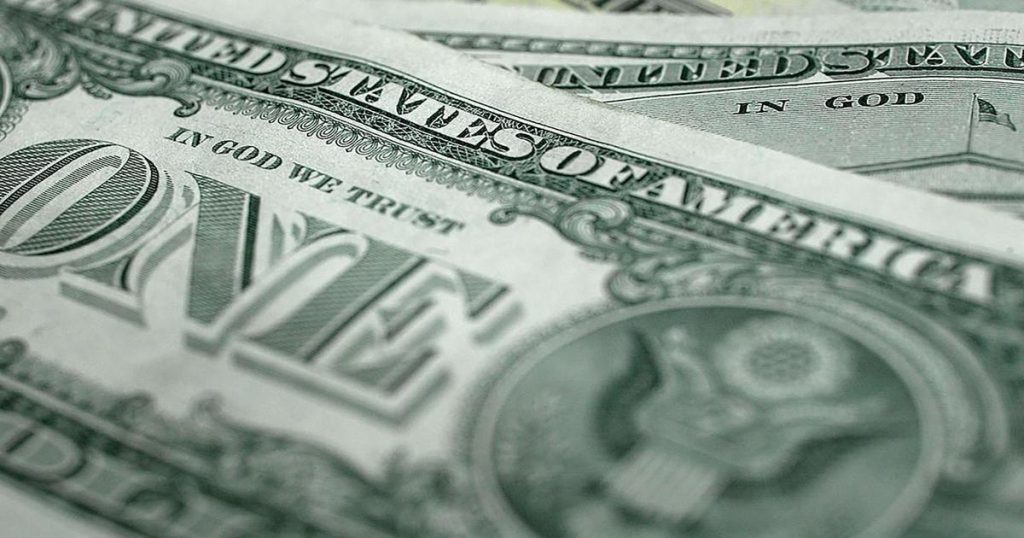The economy has become a key focus in the presidential race, with both former President Donald Trump and Vice President Kamala Harris unveiling economic policy proposals. Trump has been attacking his rival on economic issues, highlighting his own record of economic growth and job creation during his time in office. Harris, on the other hand, has released her first round of economic policy proposals, outlining her plans to prioritize job creation, wage growth, and economic stability for American families. The focus on the economy reflects the importance of economic issues to voters and the potential impact of the economy on the outcome of the election.
Trump’s focus on the economy comes as he seeks to highlight his economic accomplishments and contrast them with the economic policies of his rival. He has been touting his record of economic growth, low unemployment, and job creation, arguing that his policies have benefited American workers and businesses. By highlighting his economic record, Trump is seeking to appeal to voters who prioritize economic issues and are concerned about the state of the economy. His attacks on his rival’s economic policies are designed to paint her as out of touch with the needs of American workers and to undermine her credibility on economic issues.
In contrast, Vice President Harris has released her first round of economic policy proposals, outlining her plans to address economic challenges facing American families. Her proposals focus on job creation, wage growth, and economic stability, with an emphasis on supporting working families and small businesses. Harris’s economic platform reflects her commitment to addressing economic inequality and promoting economic opportunity for all Americans. By releasing her economic proposals, Harris is seeking to present herself as a candidate who understands the needs of working families and has a plan to improve the economy for all Americans.
The focus on the economy in the presidential race reflects the significance of economic issues to voters and the potential impact of the economy on the outcome of the election. With the economy playing a central role in the campaign, both candidates are seeking to position themselves as the best choice to address economic challenges facing the country. Trump’s focus on his economic record and attacks on his rival’s economic policies are aimed at appealing to voters who prioritize economic issues and are concerned about the state of the economy. Harris, on the other hand, is presenting herself as a candidate with a comprehensive economic plan that addresses the needs of working families and promotes economic opportunity for all Americans.
As the presidential race heats up, the focus on the economy is likely to intensify, with both candidates making the case for why they are the best choice to lead the country out of economic challenges. The outcome of the election could hinge on voters’ perceptions of the candidates’ economic policies and their ability to address economic issues facing the country. With the economy expected to play a significant role in determining the outcome of the election, both Trump and Harris are likely to continue to emphasize their economic platforms and contrast them with their opponent’s in the coming months. Ultimately, the candidate who can most effectively address voters’ economic concerns and present a compelling economic vision for the future is likely to have the edge in the race for the White House.


